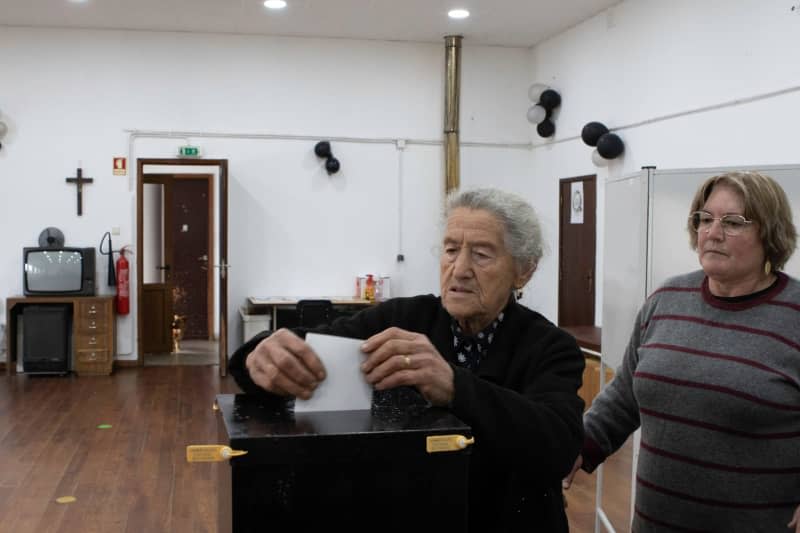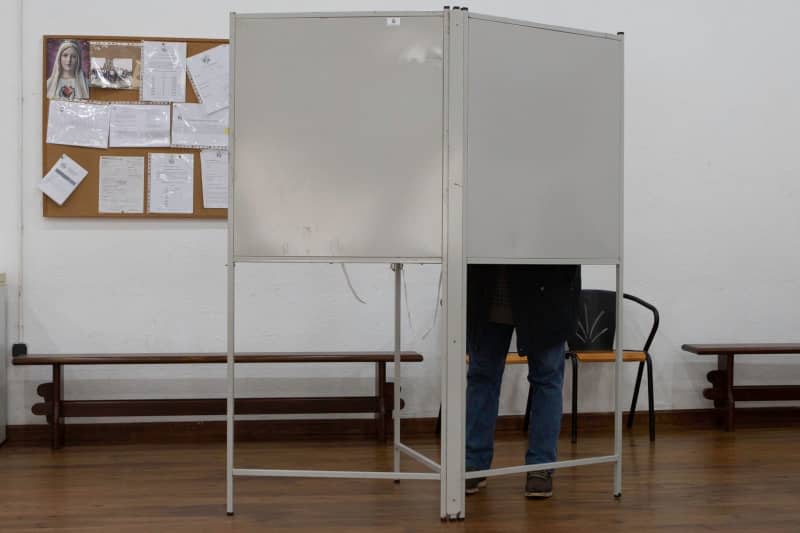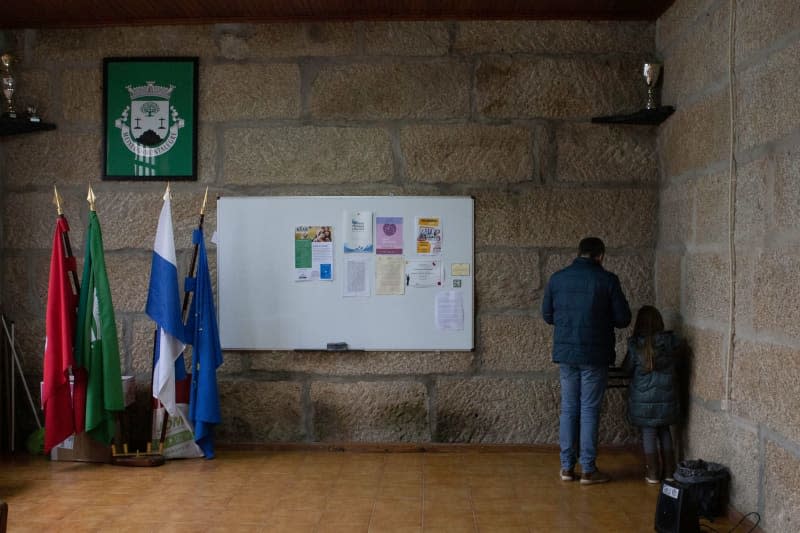Portugal's far-right surges in nail-biter parliamentary elections

- Oops!Something went wrong.Please try again later.
- Oops!Something went wrong.Please try again later.
Portugal's far-right party Chega (Enough) saw its support surge in Sunday's parliamentary elections, while the two main contenders - the centre-right Democratic Alliance and the centre-left Socialists - were fighting for first place as votes continue to be counted.
The five-year-old Chega party, led by former television sports pundit André Ventura, improved from just over 7% of the votes in 2022 to around 19% this time, after the ballots were counted in more than two-thirds of all Portuguese constituencies.
Chega's strong performance defies Portugal's reputation in Europe as a bulwark against the right-wing extremism that has made powerful inroads elsewhere on the continent.
The official count also appeared to confirm the predictions of pollsters that the ruling Socialist Party (PS), which has held power for eight years, would come in second to the Democratic Alliance (AD).
But votes were still being counted early on Monday and the fight for the top spot was as close as it could get: The Democratic Alliance has garnered so far just over 30% and the Socialists just under 29%.
If the count ultimately confirms these results, forming a government is likely to be difficult, as neither of the two main rivals have said they want to work with third-place Chega.
Given the tricky path to achieving a majority this time around, many observers are already anticipating a fresh election in the summer.
Sunday's snap election was called after Socialist prime minister António Costa resigned due to corruption investigations against him and other members of the government. To date, Costa has not been found guilty of wrongdoing.
Until last year, Costa was considered the favourite in the next regular parliamentary election, which was not expected until 2026.
In January 2022, Costa and his Socialist Party won an absolute majority in Lisbon's national parliament, the Assembleia da República. Prior to that, he had confidently led left-wing minority governments since the end of 2015.
After the difficult years of the euro crisis, Costa was credited for the much-celebrated Portuguese economic "miracle." Since 2016, economic growth in the small country has almost always been above the EU average and Costa won praise for his spending discipline.
However, several corruption scandals, including at the state-owned airline TAP, tarnished his reputation. The climax came in November, when Costa abruptly resigned after being caught up in an investigation revolving around suspicions of bribery and favouritism in the allocation of concessions for lithium mining and the production of green hydrogen.
Growing economic frustrations were on the minds of many.
A severe housing shortage and inflation are hitting the low-wage country particularly hard - and, according to political observers, providing fertile ground for the shift to the right.
Portugal has seen a growing wave of strikes, with doctors, teachers, police officers and many others walking off the job.



